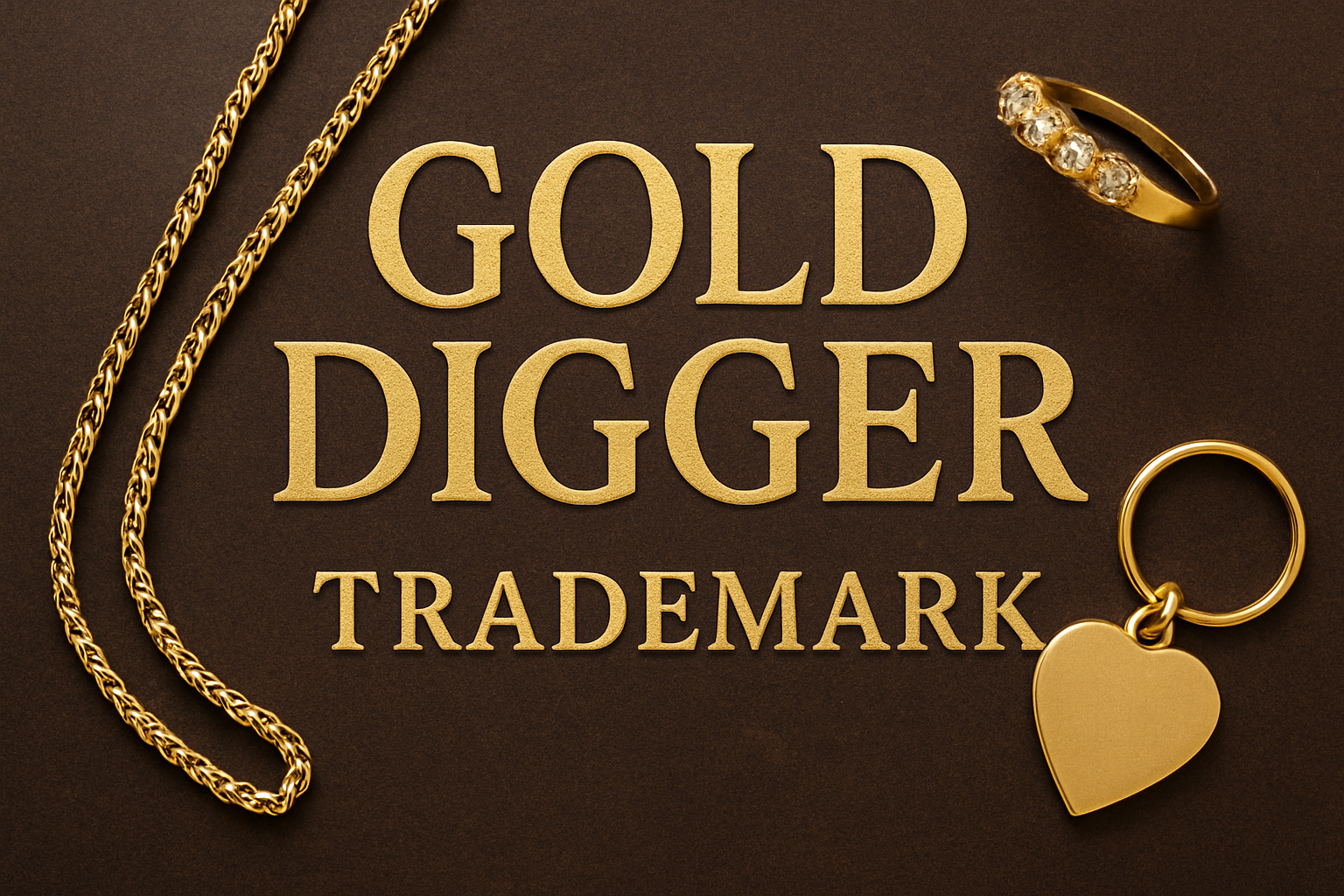Former NFL coach Bill Belichick and his partner Jordon Hudson have filed for a trademark on the phrase “Gold Digger”, aiming to launch a jewelry and keychain line. The move, made through Hudson’s company Trouble Cub Enterprises, has raised eyebrows for its cheeky play on public perception.
A Pattern of Bold Trademarks
This is not Hudson’s first attempt at creative branding. Earlier, she applied for phrases tied to Belichick’s coaching career, adding the suffix “(Bill’s Version)” to slogans such as “Do Your Job” and “No Days Off”. The approach mirrors singer Taylor Swift’s re-recording strategy, but trademark experts note that many of these filings may face opposition from the New England Patriots, who already own rights to those phrases.
The “Gold Digger” filing, however, takes a different route. It leans less on sports legacy and more on irony, aiming to turn a controversial label into a profitable business identity.
Similar Trademark Gambits in India
India has witnessed several unconventional and controversial trademark filings, where personal branding, cultural sensitivity, and commercial ambition collided:
- Reliance’s “Operation Sindoor”: Reliance Jio Studios filed a trademark referencing India’s military strikes. The move was met with backlash for commercializing a sensitive event, forcing the company to withdraw the application.
- Dhoni’s “Captain Cool”: Former cricket captain MS Dhoni reportedly filed for his nickname as a trademark, sparking buzz and jokes about potential merchandise.
- Odisha’s Jagannath Temple Terms: The Odisha government sought to trademark phrases linked to the Jagannath Temple in Puri, to prevent misuse of religious and cultural heritage.
- “Chutiyaram” Rejection: A provocative slang-based application was revoked by the Trademark Office for obscenity.
The Bigger Picture
These cases, in the U.S. and India alike, reveal how trademarks are no longer just about products. They have become tools of personal identity, pop culture, and public relations. From Dhoni protecting his cricketing aura to Hudson reclaiming a controversial label, each filing pushes the boundaries of what can be owned and monetized.
Trademark experts caution that while such applications grab attention, they often face legal hurdles and public backlash. Yet, they highlight a clear trend: branding today is as much about narrative as it is about law.

